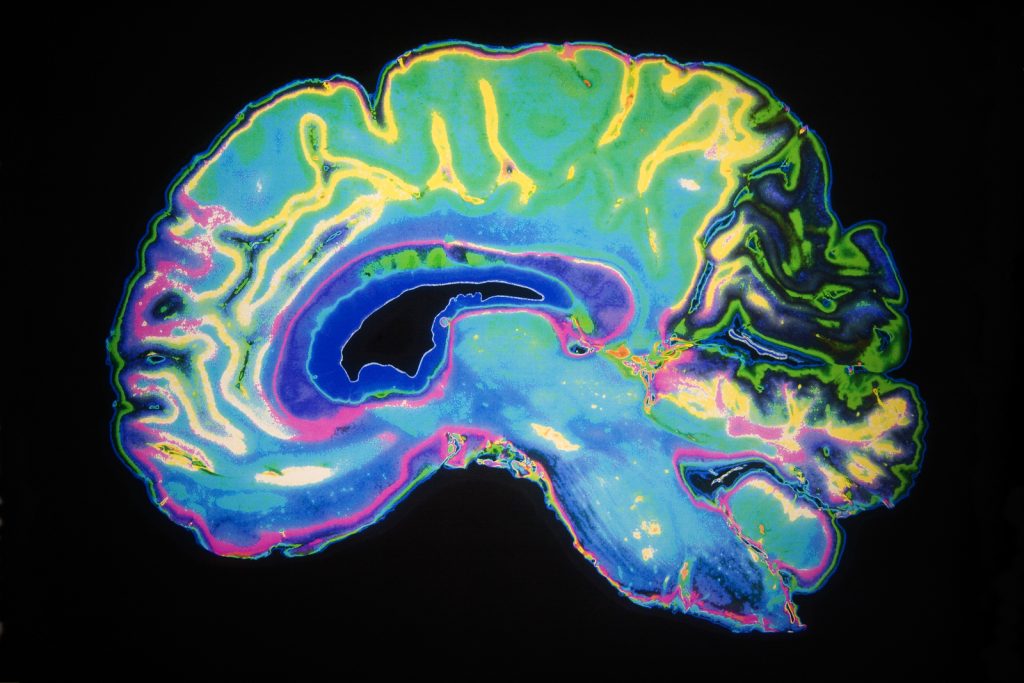The use of advanced medical equipment in the detection and treatment of patients is becoming more and more important, and the latest development in medical technology is a portable brain scan that can determine any cerebral damage in starving children.
Clare Elwell, professor of medical physics at University College London, has led a team of researchers from UCL, Birkbeck University London, the Medical Research Council Units in the Gambia and Cambridge, and Cambridge University Hospitals, to establish the Brain Imaging for Global Health (BRIGHT) project that looks at infants during the first 24 months of their life.
With funding from the Bill & Melinda Gates Foundation, the scientists are able to use brain imaging on children from the Gambia and the UK at one, five, eight, 12, 18 and 24 months old, Medical Technology reported.
“We’re using brain imaging along with a whole catalogue of infant development tests to develop a brain-function-for-age curve. This will help us understand the trajectory of the infant’s brain development,” Ms Elwell stated.
BRIGHT is using a new neuroimaging system called functional near infrared spectroscopy (fNIRS) within a headband that can be placed on the child’s head. An infrared light passes through the skull to detect the distribution of red blood cells and establish brain activity.
The project – which began in May 2015 – will come to an end in December 2019, having examined 200 children from the Gambia and 50 from the UK over the five years.
In a 2014 pilot study of the programme, which was published in Nature journal at the time, the BRIGHT researchers stated the technology “provides an essential bridge between our current understanding of cortical activity in the developing brain and our knowledge of adult human brain function”.
If you have a new piece of equipment, make sure you undergo sufficient medical device testing first.

